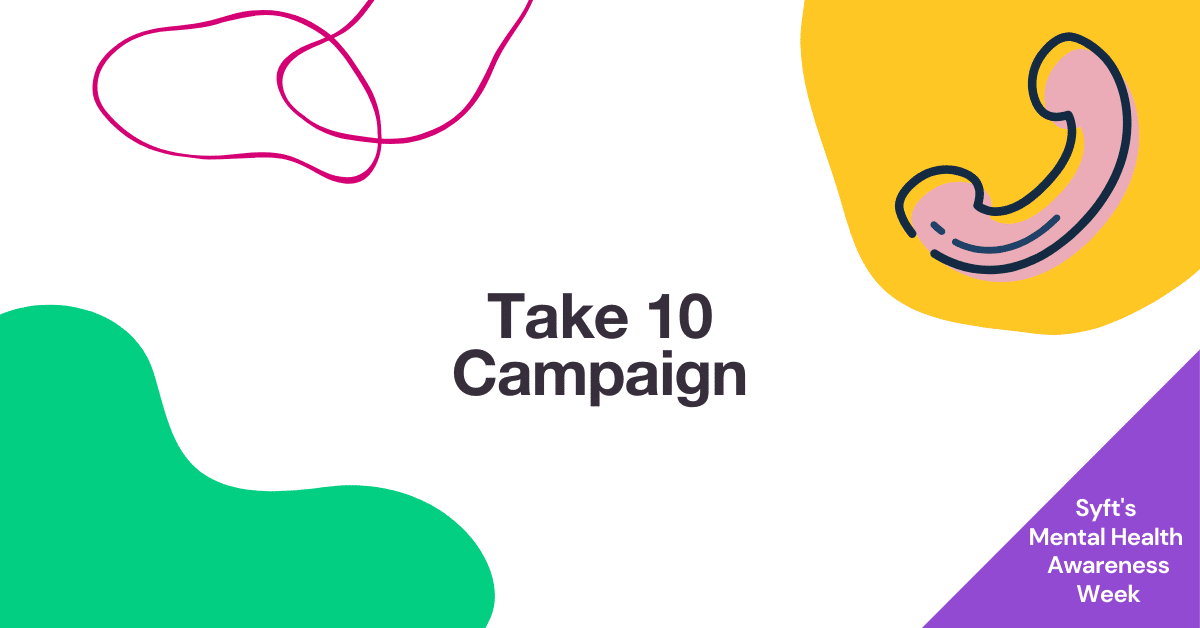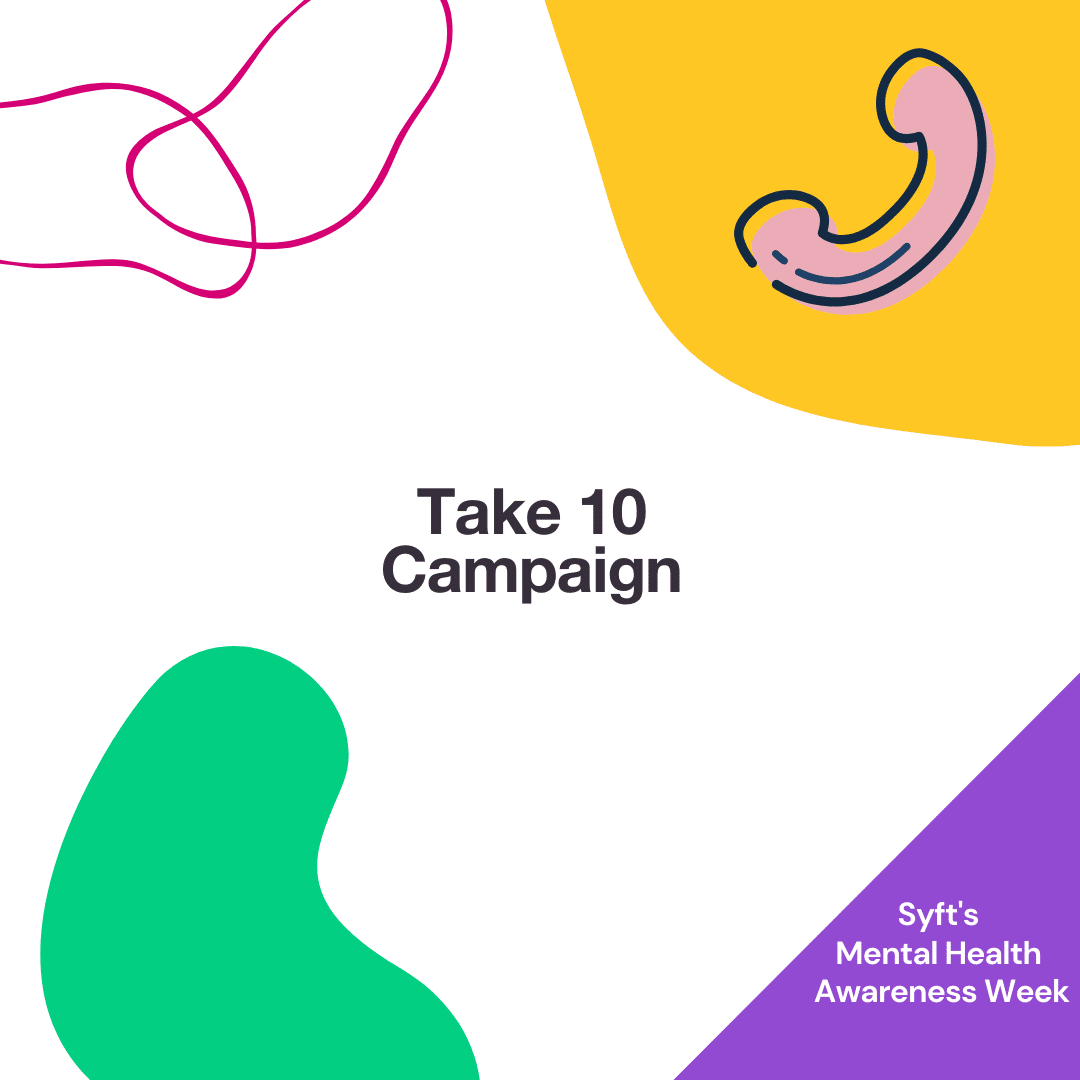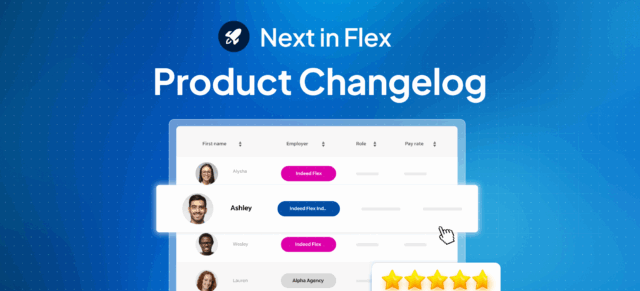

Take 10 Campaign
You may have seen online or in the news the Mental Health First Aid organisation have put together a take 10 campaign to encourage us all to take 10 minutes out of our day to start a meaningful conversation with a friend, family member, colleague, or student about their own mental health. This brilliant initiative will help so many of us feel more connected to our own community and start conversations that may not previously have taken place.
We looked on the MHFA website to gather some top tips on how to facilitate and host these types of conversations. Check them out below:
- Keep the chat positive and supportive, exploring the issues and how you may be able to help.
- Keep your body language and tone of voice open and non confrontational.
- Be empathetic and take them seriously.
- Do not offer glib advice such as “pull yourself together” or “cheer up”.
- Take into account cultural differences in communication styles e.g. how much eye contact is appropriate.
The organisation also shared some great starting points for questions you may want to ask the other person. We understand that not knowing what to say or what to ask can be a roadblock for some. Take a look at some conversation starters here:
- How are you feeling at the moment?
- How long have you felt like this – is it an ongoing issue?
- Who do you feel you can go to for support?
- What factors are contributing to how you are feeling?
- Is there anything I can do to help?
For those who don’t struggle with having conversations but may need some help listening, the MHFA website also suggests the following on how to listen effectively:
- Accept them as they are. Respect the person’s feelings, experiences and values although they may be different from yours. Do not judge or criticise because of your own beliefs and attitudes.
- Listen non judgmentally. Be genuine — show that you accept the person and their values by what you say and do.
- Get on their wavelength. Place yourself in the other person’s shoes and demonstrate to them that you hear and understand what they are saying and feeling.
Once you’ve checked in and had your 10 minutes (or longer) conversation, make sure the communication doesn’t stop there! It’s equally important to follow up, and make sure they know you are still around for support if they need it. Assure the individual that there are plenty of services and websites online with lots of helpful information and support. If you feel the need to seek your own guidance and support on how to handle a difficult situation please don’t hesitate to reach out to the NHS.
For more information, we encourage you to check out the MHFA website below and look at other mental health services with the NHS.
Mental Health First Aid: https://mhfaengland.org/
NHS Mental Health Awareness: https://www.nhs.uk/conditions/stress-anxiety-depression/
Have a great weekend,
Syft Community Team
Are you a Syfter and would like to stay connected with us in our Facebook Community? Join here.
Are you following us on Instagram?
Have you liked our Facebook Page?








